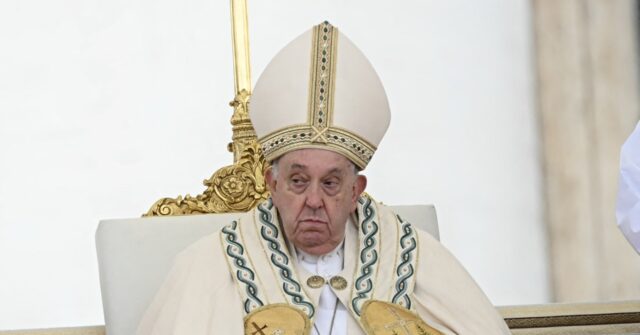In a surprising turn of events, Bishop Paskalis Bruno Syukur of Bogor, Indonesia, has declined Pope Francis’s invitation to become a cardinal, a unique decision that has left many in the Catholic community puzzled. The Holy See Press Office, led by director Matteo Bruni, confirmed that the 62-year-old bishop made the request to not be promoted to cardinal, citing his desire to deepen his priestly life and devote more service to the Church and its congregation. This choice stands out against the backdrop of a Vatican consistory scheduled for December 7, 2024, during which Pope Francis named 21 clerics to receive the cardinalate, raising questions about the motivations behind such a rare refusal of an ecclesiastical honor.
Bishop Syukur’s decision comes within a context of diverse opinions surrounding the recently announced list of cardinal nominees by Pope Francis. The pope’s selection has stirred controversy, particularly regarding the inclusion of well-known gay-rights advocate Father Timothy Radcliffe. Radcliffe, formerly a prominent voice within the progressive faction of the Church, has openly supported a more inclusive approach to LGBTQ+ issues within the Catholic community, a stance that has attracted both approval and criticism from various quarters. His long-standing advocacy for progressive causes—especially in regard to the acceptance of gay men in priesthood—exemplifies a broader shift that some perceive in Catholic teachings under Pope Francis’s leadership.
Father Radcliffe, a Dominican friar, has utilized his platform to challenge traditional Catholic views on sexuality. His statements suggest that the Church must engage with its members on a personal level, advocating for understanding and accompaniment rather than exclusion. In a notable address at the Los Angeles Religious Education Conference in 2006, he encouraged the Church to integrate gay people into its ministry, indicating a shift from a strictly traditional doctrine to a more compassionate outreach approach. Additionally, in grappling with the Eucharistic sacrament, Radcliffe provocatively suggested that expressions of love and commitment found in gay relationships can resonate with the essence of the Eucharist—a viewpoint seen as contentious by more traditionalists.
This wave of progressive thought within certain clerical ranks seems to be paralleled by significant organizational support from groups like New Ways Ministry, which has historically been at odds with the Vatican over the Catholic Church’s stance on homosexuality. New Ways Ministry’s enthusiasm for the appointment of Father Radcliffe and other cardinals deemed “LGBTQ-positive” highlights a growing acceptance of diverging interpretations of Catholic doctrine regarding human sexuality. However, the organization has been widely criticized and contested by prominent Church figures, including U.S. bishops who argue that it misrepresents Catholic teaching and creates confusion among the faithful.
Particularly noteworthy was Cardinal Francis George’s condemnation of New Ways Ministry for their deviations from revealed Church teachings. His statements underscored a critical view that remains prevalent among traditional factions within the Catholic Church, emphasizing the stark divides within the Church regarding its approach to LGBTQ+ issues. The response from various bishops and clerical circles to Pope Francis’s recent appointments underscores a complex relationship between historical doctrine and contemporary social issues.
As cardinals serve as principal advisory figures to the pope and play a central role in electing future pontiffs, the implications of recent appointments may signal a broader acceptance of progressive ideologies within the Church. Nevertheless, their impact remains largely contingent on the balance between maintaining traditional beliefs while responding to evolving societal views. Bishop Syukur’s refusal of the cardinalate could very well reflect a personal dedication to his spiritual mission that transcends prevalent sociopolitical currents, highlighting the ongoing tension between personal faith and institutional directives. His letter to the pope signals a demand for introspection within the Church and a reminder of the commitment to pastoral care above political alignment, further complicating the narrative of the Church’s modern trajectory as it navigates through a multifaceted landscape of belief.

